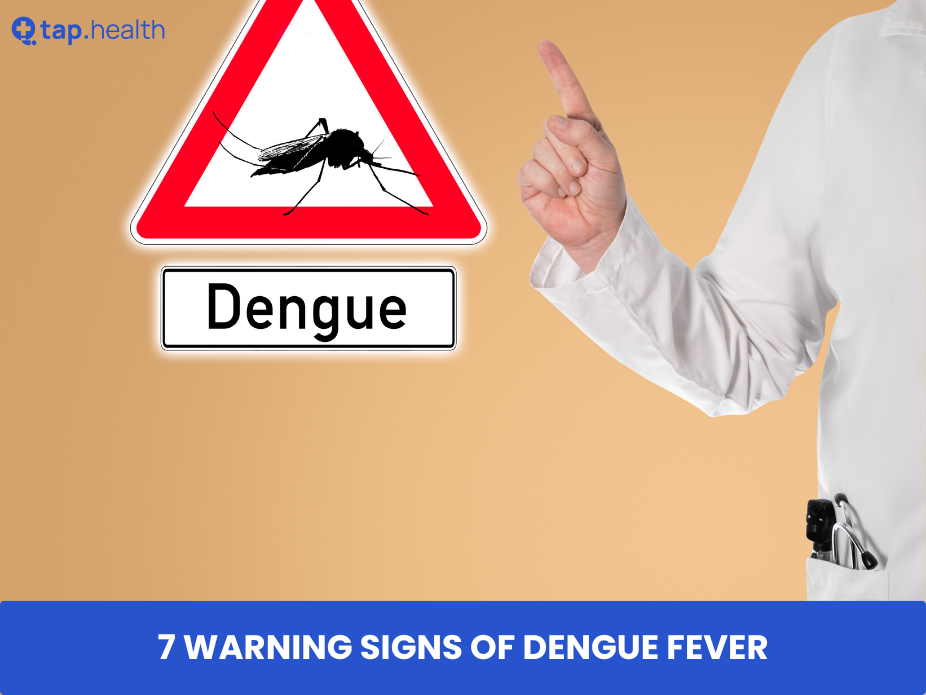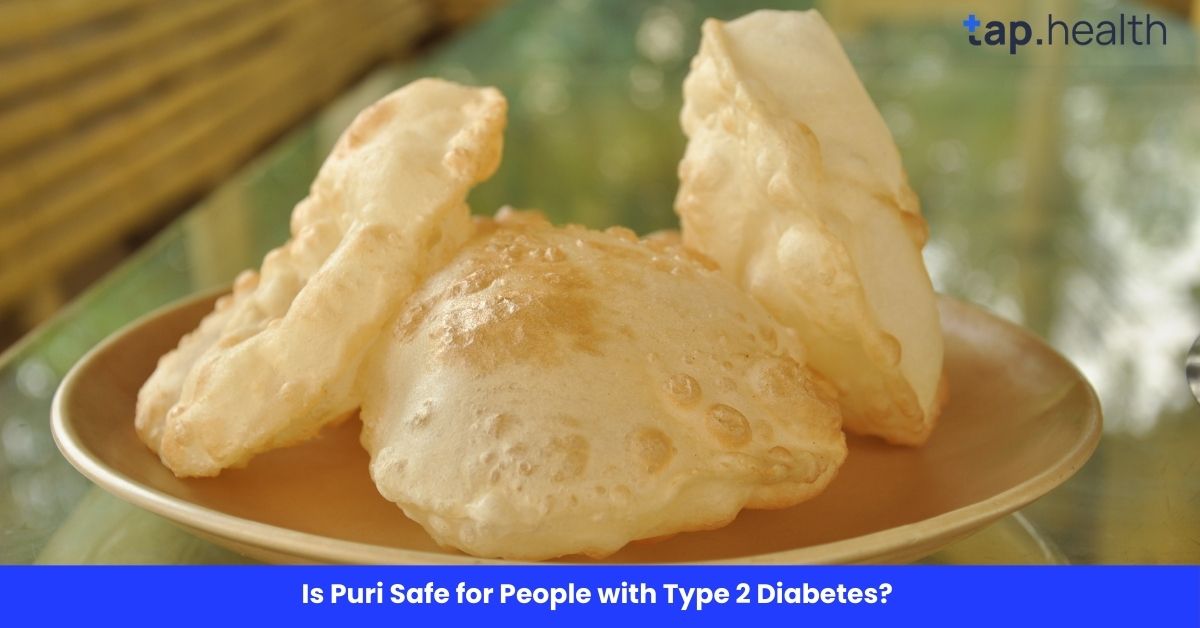Dengue fever is a serious mosquito-borne illness that affects millions of people around the world every year. Caused by the dengue virus and transmitted primarily by the Aedes aegypti mosquito, dengue fever can range from mild to severe. Understanding the warning signs of dengue fever is crucial for timely treatment and to prevent the progression of the disease.
What is Dengue Fever?
Dengue fever is a viral infection caused by the dengue virus, which belongs to the Flavivirus genus. The virus is spread through mosquito bites, primarily by the Aedes aegypti mosquito, which thrives in tropical and subtropical climates. Dengue fever is commonly found in parts of Southeast Asia, the Pacific islands, the Caribbean, and Central and South America.
The Dengue Virus
There are four distinct serotypes of the dengue virus: DENV-1, DENV-2, DENV-3, and DENV-4. Infection with one serotype usually provides lifelong immunity against that specific type, but it does not protect against the other serotypes. This means that a person can be infected multiple times with different serotypes, which increases the risk of severe dengue.
Transmission
Dengue fever is transmitted to humans through the bite of an infected mosquito. The Aedes mosquitoes become infected when they feed on the blood of a person already infected with the dengue virus. After a period of 8-12 days, the mosquito becomes infectious and can spread the virus to other humans. Dengue fever is not transmitted directly from person to person.
How is Dengue Fever Transmitted?
The Aedes mosquito, particularly the Aedes aegypti species, is the primary vector for dengue virus transmission. These mosquitoes breed in stagnant water sources such as flower pots, uncovered containers, and discarded tyres. When a female mosquito feeds on the blood of an infected person, it becomes a carrier of the virus. Subsequently, when this infected mosquito bites another individual, it transmits the virus, leading to the spread of dengue fever.
Preventing dengue fever involves vector control measures such as eliminating mosquito breeding sites, using insecticides, and wearing protective clothing to prevent mosquito bites. Community engagement and public health campaigns play a crucial role in raising awareness about dengue prevention and control strategies. Early detection and timely medical care for dengue cases are essential to reduce the burden of the disease and prevent outbreaks.
Types of Dengue Fever
Classic Dengue Fever (DF)
Classic dengue fever is the most common form and is characterized by:
- High Fever: A sudden onset of high fever, often reaching up to 104°F (40°C). The fever can last for 2-7 days.
- Severe Headache: Intense pain, particularly around the forehead and behind the eyes.
- Muscle and Joint Pain: Known as “breakbone fever,” this pain can be severe and debilitating.
- Skin Rash: A rash may appear a few days after the fever starts, often accompanied by red patches or spots.
- Mild Bleeding: Symptoms such as nosebleeds, bleeding gums, or easy bruising may occur.
Classic dengue fever typically resolves on its own, but it requires careful monitoring to avoid complications.
Dengue Hemorrhagic Fever (DHF)
Dengue Hemorrhagic Fever is a more severe form and includes:
- Bleeding: Symptoms like bleeding from the gums, nosebleeds, or easy bruising.
- Plasma Leakage: Fluid leakage from blood vessels into surrounding tissues, causing swelling and low blood pressure.
- Low Platelet Count: A decrease in the number of platelets in the blood, leading to bleeding complications.
- Abdominal Pain: Severe abdominal pain, which may indicate internal bleeding.
DHF can progress to Dengue Shock Syndrome and requires immediate medical attention.
Dengue Shock Syndrome (DSS)
Dengue Shock Syndrome is the most severe form and includes:
- Severe Shock: Due to significant plasma leakage, leading to low blood pressure and reduced blood flow to organs.
- Severe Bleeding: Major bleeding, such as gastrointestinal bleeding, can occur.
- Organ Dysfunction: Failure of vital organs due to shock and fluid loss.
DSS is a medical emergency that requires urgent treatment to prevent death.
Symptoms of Dengue Fever
Recognizing the symptoms of dengue fever is essential for timely diagnosis and treatment. Here are the key symptoms to watch for:
1. High Fever
One of the first signs of dengue fever is a sudden high fever, often reaching 104°F (40°C). The fever typically begins abruptly and can last for 2-7 days. High fever is a common feature of dengue and can cause significant discomfort.
2. Severe Headache
A severe headache is another common symptom of dengue fever. The pain is usually concentrated around the forehead and behind the eyes. It can be intense and may interfere with daily activities.
3. Muscle and Joint Pain
Dengue fever is often associated with severe muscle and joint pain, which can be debilitating. This pain is frequently described as deep, aching, and can make movement difficult. The term “breakbone fever” is used to describe this symptom due to its intensity.
4. Nausea and Vomiting
Nausea and vomiting are common in dengue fever and can contribute to dehydration. Persistent vomiting can exacerbate other symptoms and may require medical management to prevent complications.
5. Skin Rash
A rash may appear 2-5 days after the onset of fever. It can vary from a flushed appearance to red spots or patches. The rash is often itchy and can spread quickly over the body.
6. Mild Bleeding
Mild bleeding symptoms, such as bleeding gums, nosebleeds, or easy bruising, are associated with dengue fever. These symptoms are related to a decrease in platelet count and can indicate the progression of the disease.
7. Fatigue
Extreme fatigue and a general feeling of weakness are prevalent in dengue fever. This fatigue can persist even after other symptoms have resolved and can impact daily functioning.
Causes of Dengue Fever
Dengue fever is caused by the dengue virus, which is transmitted to humans through the bites of infected Aedes mosquitoes. The primary mosquito responsible is Aedes aegypti, but Aedes albopictus can also transmit the virus.
Transmission Cycle
- Mosquito Bite: An infected mosquito bites a person, ingesting the dengue virus.
- Virus Incubation: The virus multiplies in the mosquito’s body for 8-12 days.
- Infectious Mosquito: The mosquito becomes capable of transmitting the virus to other humans.
- Human Infection: The virus enters the human bloodstream through a mosquito bite.
Risk Factors for Infection
- Living in Endemic Areas: Residing in or traveling to regions with high dengue fever prevalence increases risk.
- Previous Dengue Infection: A history of dengue fever increases the risk of severe disease upon subsequent infections.
- Climate and Environment: Warm, humid climates are ideal for mosquito breeding. Poor sanitation and standing water also contribute to increased mosquito populations.
- Urbanization: High population density and urban environments can facilitate the spread of dengue fever.
7 Warning Signs of Dengue Fever
Recognizing these warning signs is essential for seeking timely medical care and preventing severe complications:
1. Severe Abdominal Pain
Severe abdominal pain, especially if persistent, can indicate Dengue Hemorrhagic Fever or Dengue Shock Syndrome. This pain may be associated with internal bleeding or fluid leakage and requires immediate medical evaluation.
2. Persistent Vomiting
Continuous vomiting, which does not improve with time, can lead to dehydration and worsen other symptoms. It is crucial to seek medical attention if vomiting persists.
3. Rapid Breathing
Increased respiratory rate or difficulty breathing can be a sign of severe dengue. Rapid breathing may result from fluid accumulation in the lungs or other complications. Immediate medical care is needed if this symptom is observed.
4. Bleeding Gums or Nosebleeds
Unusual bleeding from the gums or frequent nosebleeds are concerning symptoms and may indicate a low platelet count. This requires medical evaluation to manage bleeding complications effectively.
5. Blood in Vomit or Stool
The presence of blood in vomit or stool is a serious symptom suggesting internal bleeding. Immediate medical intervention is necessary to address and manage the bleeding.
6. Extreme Fatigue or Restlessness
Severe fatigue, restlessness, or sudden changes in behaviour can indicate worsening dengue fever or complications like Dengue Shock Syndrome. Close monitoring and medical evaluation are important if these symptoms occur.
7. Skin Rash with Red Spots
A skin rash accompanied by red spots or petechiae can signal severe dengue fever. This rash often spreads rapidly and may indicate bleeding issues. Medical attention is required if this rash is observed.
Risk Factors of Dengue Fever
Several factors can increase the likelihood of contracting dengue fever:
1. Living in Endemic Areas
Residing in or travelling to regions where dengue fever is common puts individuals at higher risk. These areas include tropical and subtropical regions with high mosquito populations.
2. Previous Dengue Infection
A history of dengue fever increases the risk of developing severe forms of the disease with subsequent infections. This is due to antibody-dependent enhancement (ADE), where the immune response to a second infection can be more severe.
3. Climate and Environment
Warm and humid climates create ideal conditions for mosquito breeding. Areas with poor sanitation and stagnant water sources are more likely to experience higher mosquito populations and increased dengue transmission.
4. Urbanization
High population density and urban environments contribute to the spread of dengue fever. The close proximity of people increases the likelihood of mosquito bites and virus transmission.
Diagnosis of Dengue Fever
Accurate diagnosis involves both clinical assessment and laboratory tests:
Clinical Evaluation
Doctors assess symptoms and medical history, particularly recent travel to dengue-endemic areas. They look for signs such as high fever, rash, and pain behind the eyes. Clinical evaluation helps determine the severity of the disease and the appropriate course of treatment.
Laboratory Tests
- PCR Test (Polymerase Chain Reaction): Detects dengue virus RNA in the blood. Most effective in the early stages of infection, within the first week.
- NS1 Antigen Test: Identifies dengue virus antigen in the blood. Useful in the early phase of infection, particularly within the first 5 days.
- IgM and IgG Antibody Tests: Detects antibodies produced by the immune system. IgM indicates a recent infection, while IgG suggests past infection or longer-term immunity.
Treatment for Dengue Fever
There is no specific antiviral treatment for dengue fever. Management focuses on supportive care:
1. Hydration
Maintaining adequate hydration is essential to prevent dehydration. Oral rehydration solutions, clear fluids, and electrolyte drinks are recommended. Severe cases may require intravenous fluids to manage fluid loss and maintain proper hydration.
2. Pain and Fever Relief
Acetaminophen (paracetamol) is used to relieve fever and pain. Avoid aspirin and non-steroidal anti-inflammatory drugs (NSAIDs), as they can increase bleeding risk.
3. Rest
Adequate rest is crucial for recovery. Patients should avoid strenuous activities and get plenty of sleep to support the body’s healing process.
4. Medical Care
Severe cases may require hospitalization for close monitoring and additional treatment, such as intravenous fluids, blood transfusions, and other interventions to manage complications.
When to See a Doctor
Seek medical attention if you experience symptoms of dengue fever, especially if you have recently traveled to an endemic area. Early diagnosis and treatment are essential for preventing complications.
Warning Signs Requiring Immediate Care
- Severe Abdominal Pain: Persistent or severe abdominal pain requires immediate medical evaluation.
- Persistent Vomiting: Continuous vomiting can lead to dehydration and needs medical attention.
- Rapid Breathing: Increased breathing rate or difficulty breathing may indicate serious complications.
- Bleeding Gums or Nosebleeds: Unusual bleeding can signal a low platelet count and requires medical care.
- Blood in Vomit or Stool: Presence of blood in vomit or stool is a serious symptom and needs urgent medical attention.
- Extreme Fatigue or Restlessness: Severe fatigue or sudden changes in behavior can indicate worsening dengue fever.
- Skin Rash with Red Spots: A rapidly spreading rash with red spots should be evaluated by a healthcare professional.
FAQ on Warning Signs of Dengue Fever
1. What should I do if I suspect dengue fever?
Consult a healthcare professional immediately if you suspect dengue fever. Early diagnosis and treatment are crucial for managing the disease and preventing complications.
2. Can dengue fever be prevented?
Yes, dengue fever can be prevented by avoiding mosquito bites. Use mosquito repellents, wear protective clothing, and use mosquito nets, especially during peak mosquito activity times. Eliminating standing water around your home can also help reduce mosquito breeding.
3. How long does it take to recover from dengue fever?
Recovery from dengue fever typically takes 1-2 weeks. Some individuals may experience lingering fatigue and weakness for several weeks after other symptoms have resolved.
4. Is dengue fever contagious from person to person?
No, dengue fever is not spread from person to person. The disease requires a mosquito bite to transmit the virus from an infected person to a mosquito and then to another person.
5. Are there vaccines available for dengue fever?
Yes, there is a vaccine called Dengvaxia, recommended for individuals who have had dengue fever before and live in endemic areas. The vaccine is approved for those aged 9-45 who have had at least one previous infection.
References
Understanding the warning signs of dengue fever is crucial for early diagnosis and effective management of the disease. Stay informed, take preventive measures, and seek medical attention promptly to protect yourself and your loved ones from this potentially serious illness.



